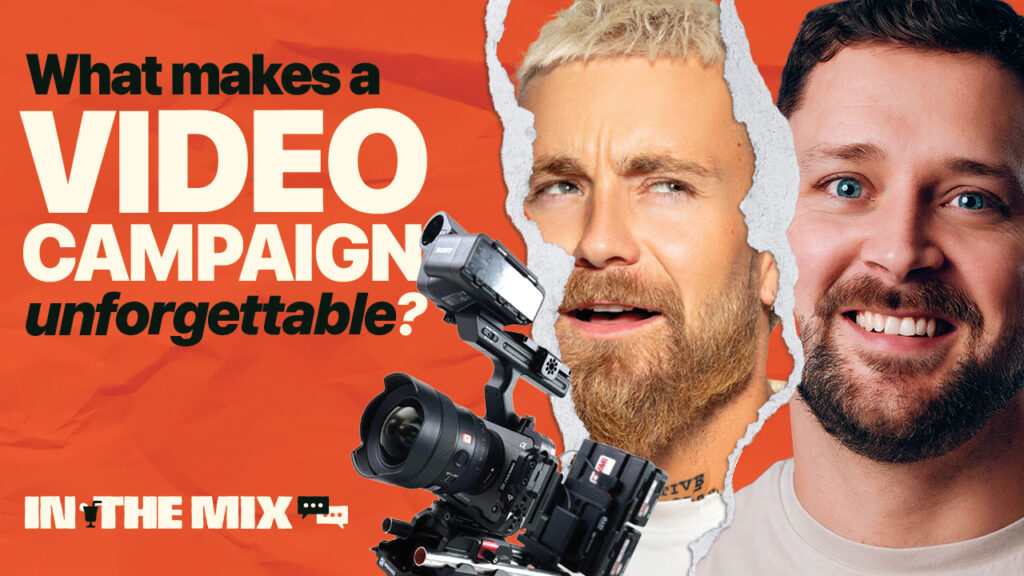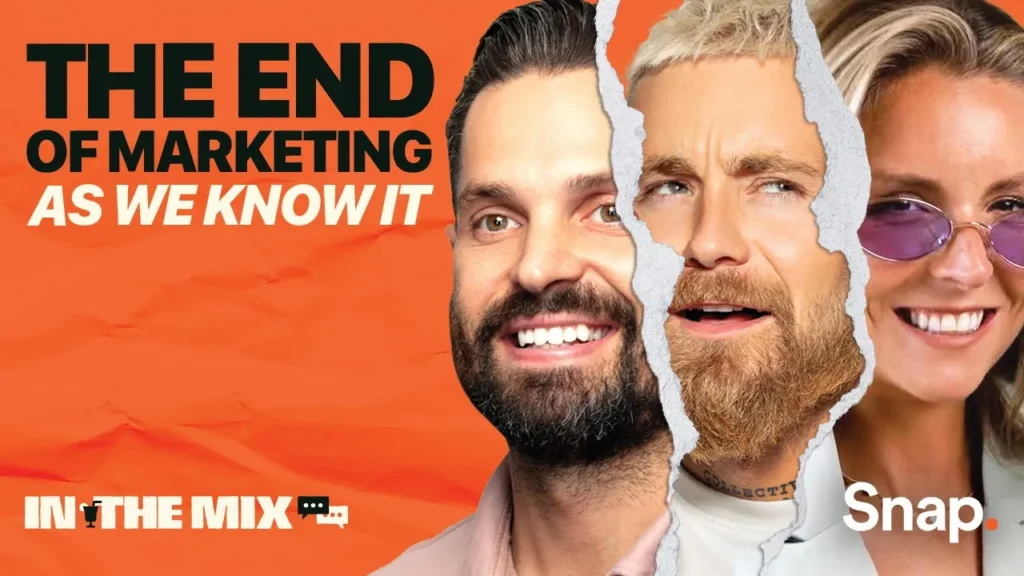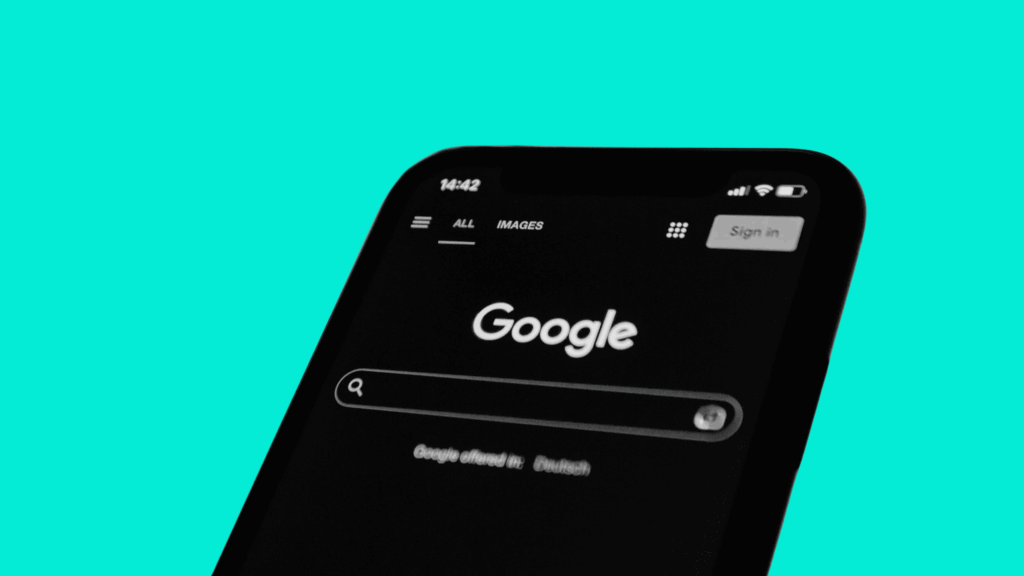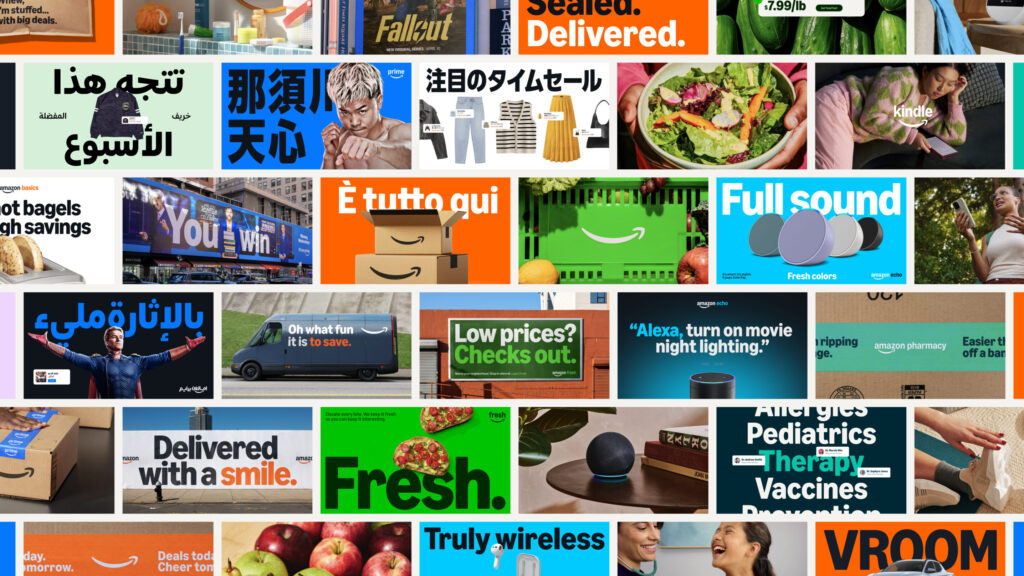Tourism ads don’t usually make us laugh out loud. But the Oslo Tourist Board managed to do just that, not by reinventing the wheel, but by ditching the wheel altogether.
No glossy drone footage. No slow-motion happy families. No soaring orchestras over scenic shots. Instead, they gave us a narrator who sounded absolutely bored out of his mind while casually walking us through one of the most beautiful, vibrant cities in Europe.
The message? “You probably wouldn’t want to come here… unless you’re into beautiful rivers, vibrant culture, and incredible food.”
It was dry. Deadpan. Self-aware. And unexpectedly brilliant.
The Power of Saying What No One Else Will
In a sea of “Discover the magic of [insert place here]” and “Where memories are made,” Oslo stood out by sounding like a human not a brochure.
That’s the power of irreverence. Used well, it signals confidence. It shows a brand that doesn’t need to overcompensate or rely on clichés. One that trusts its audience to get the joke and in turn, feel more connected to the message.
The Oslo ad didn’t just make people laugh. It made them want to share it. And in a crowded, samey space like destination marketing, that’s gold dust.
When Self-Deprecation Becomes a Strength
There’s a fine line between irreverent and off-brand. But when done well, poking fun at yourself is a brilliant way to create warmth, relatability, and a clear point of difference.
Think about Ryanair not exactly known for luxury, but their brutally honest, tongue-in-cheek social presence has earned them attention and loyalty. They own who they are, and that’s why they stand out.
Irreverence works when it’s true to the brand, matches the audience’s sense of humour, and says something unexpected but honest.
Why So Many Brands Get This Wrong
A lot of brands default to what they think “professional” or “premium” should sound like. The result? Bland messaging, forgettable visuals, and copy that could belong to anyone.
But brands that embrace their quirks? They create distinction. They surprise people. And they earn emotional attention the kind that turns into loyalty.
Being irreverent doesn’t mean being outrageous. It means being human. Showing you understand your audience. Having enough confidence to not take yourself too seriously all the time.
How to Know If Irreverence Could Work for You
Ask yourself:
Are we surrounded by category clichés?
Does our audience appreciate humour, honesty, or straight-talking?
Is there something in our offer we’ve always tried to hide that could actually be our hook?
If the answer is yes, irreverence might just be your most valuable (and underused) brand asset. And it doesn’t have to be full-on parody. Oslo still showed off its stunning rivers and vibrant streets it just did it with a wink.
Irreverence Isn’t for Everyone And That’s the Point
Not every brand should joke. But every brand should know what makes it human.
For some, irreverence is a strategic way to challenge perception, break out of tired messaging, and build emotional connection. So if you feel like your brand’s playing it a bit too safe, or blending into the crowd, ask yourself what would happen if you gave yourself permission to take the micky… just a little? You might find your most memorable story yet.
Need help finding your version of ‘different’?
We work with brands to sharpen their tone, uncover their quirks, and create bold, story-first strategies that actually connect.
If that sounds like something you’re ready for, let’s chat







